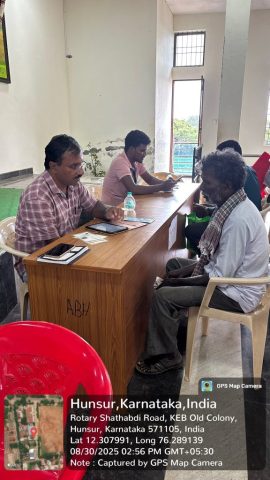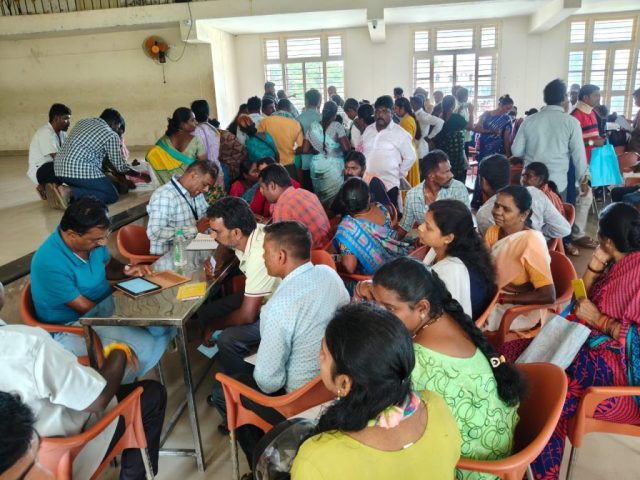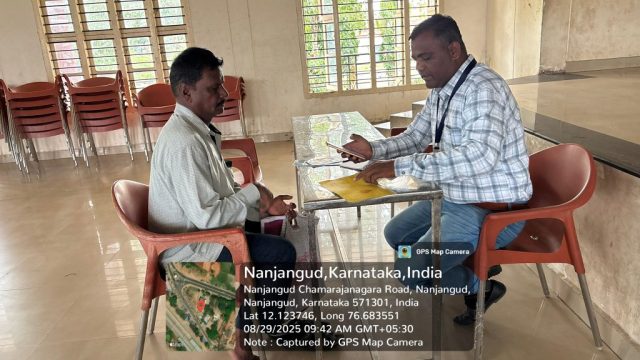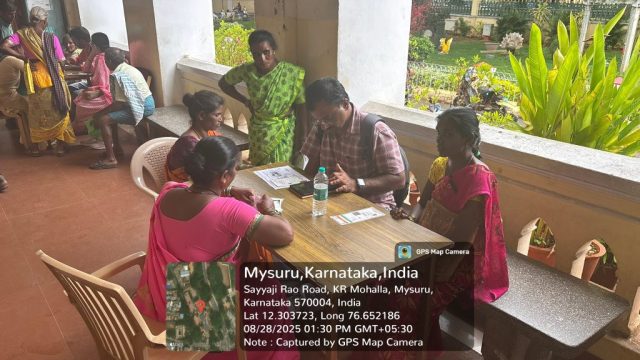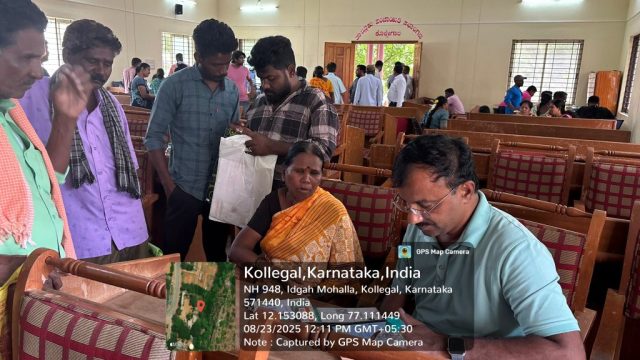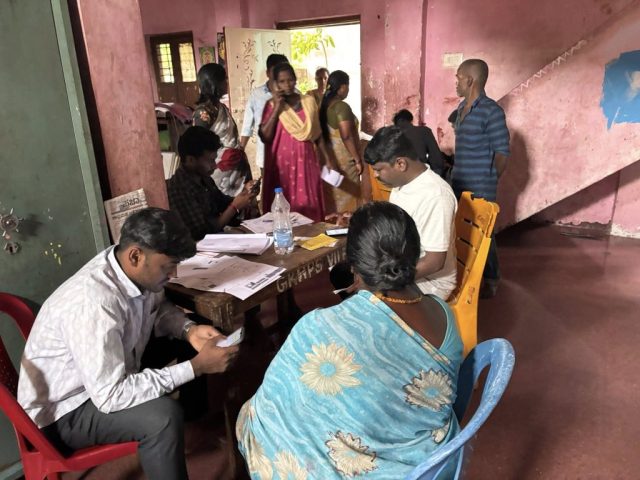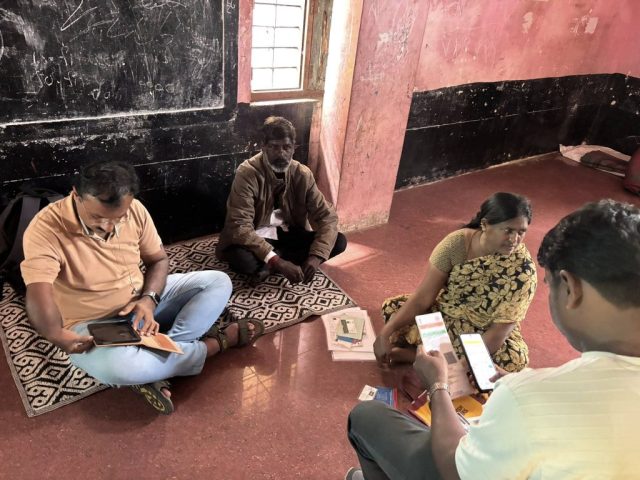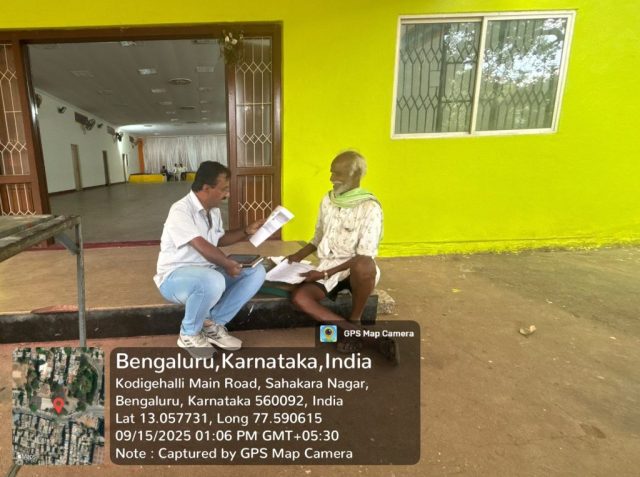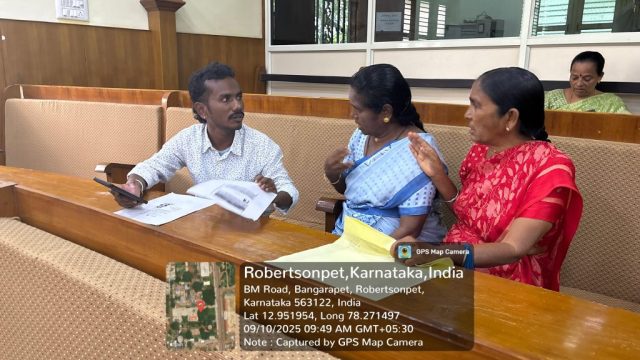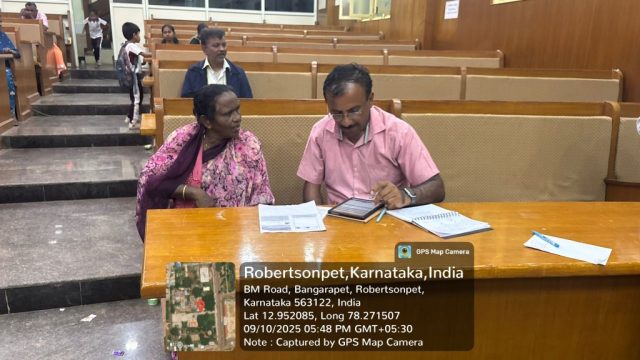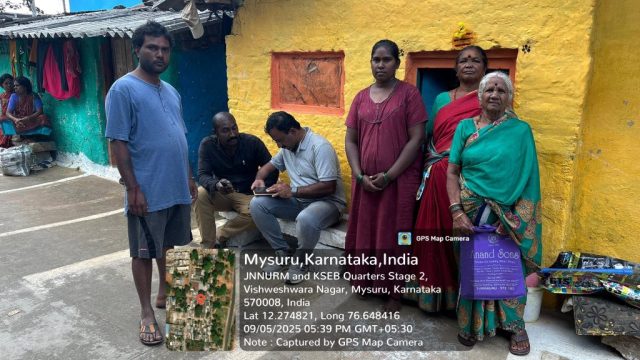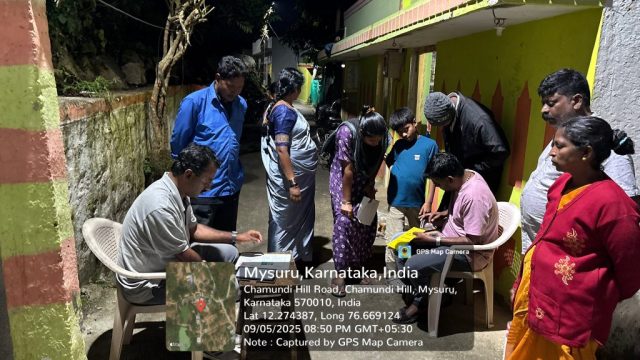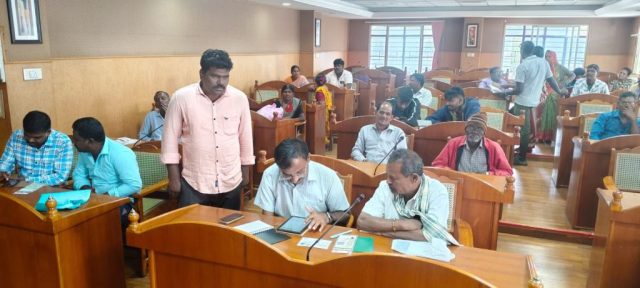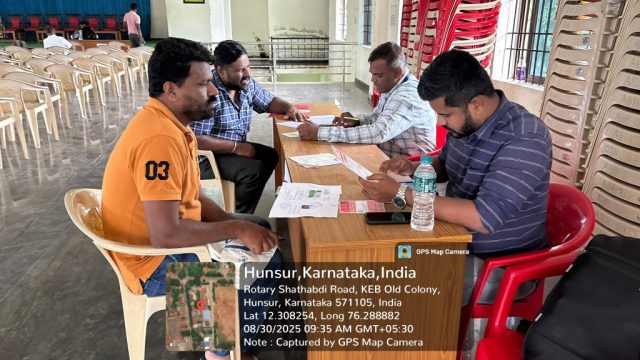State-Wide Survey on Identifying Manual Scavengers in Karnataka | By Centre for the Study of Social Inclusion, NLSIU
September 23, 2025
The Centre for the Study of Social Inclusion (CSSI) at NLSIU, in collaboration with the Karnataka State Safai Karmachari Development Corporation and the Karnataka State Commission for Safai Karmacharis, is carrying out a state-wide survey in Karnataka to collect detailed information and set up a database on manual scavengers and their families. The objective is to ensure their economic, educational, and social development. The survey began on June 1, 2025, and will continue until the end of September 2025.
So far, 7,800 manual scavengers have been identified in the state. According to the Prohibition of Employment as Manual Scavengers and their Rehabilitation Act, 2013, it is mandatory to provide rehabilitation facilities to them. To prepare a comprehensive rehabilitation plan, this survey is focussing on those already identified by the government.
Manual scavenging, using human labour to clean cesspools or insanitary latrines, is a punishable offence by law. Continuing this practice is a violation of the Act, and the Supreme Court directives. The Development Corporation has emphasised the need for separate funding, direct engagement with affected workers, and coordinated implementation through state and district vigilance committees.
Objectives
The survey has the following objectives:
- To collect complete information about manual scavengers identified in Karnataka.
- To document the socio-economic, educational, and health status of their families.
- To assess the facilities and benefits already provided by the government.
- To identify the rehabilitation programmes expected by the families.
- To record existing gaps in economic, educational, and health support.
- To compile information on available facilities and entitlements.
- To generate reliable data for future government policy and planning.
- To prepare and submit comprehensive reports in the prescribed format of the Commission.
Survey Methodology
- The survey is being conducted using scientific and evidence-based methods.
- Information is collected directly from municipal corporations, town Panchayats, municipalities, metropolitan areas, and rural regions.
- Data is gathered through field visits to relevant offices and households.
- Modern sociological and statistical research methods are being applied for accuracy and analysis.
- Comprehensive data is being collected not only on scavengers but also on their dependents.
Why this Survey?
- Previous studies have not provided comprehensive information on families of manual scavengers.
- This survey will fill critical data gaps and provide the government with clear statistics on sector- and region-wise employment.
- It will support the design of rehabilitation and welfare programmes tailored to community needs.
- The findings will guide the allocation of specific resources, identity cards, and entitlements for families.
- The survey will also help the government identify gaps in the enforcement of existing laws and take corrective measures.
- Ultimately, it will provide the evidence base required to ensure the effective implementation of the 2013 Act and the complete eradication of manual scavenging.
Current Status of Fieldwork
- Data collection has begun in 31 districts of Karnataka.
- More than 35 community researchers have been recruited and trained.
- Comprehensive household-level data is being collected, covering:
o Economic conditions
o Social and cultural status
o Educational attainment
o Health status and access to health services
o Rehabilitation needs and aspirations - The information is being digitised and will serve as the basis for a comprehensive rehabilitation framework.
- Researchers, community leaders, officials, and resource persons are actively participating in the fieldwork.
Expected Outcomes
- A clear database of identified manual scavengers and their families across Karnataka.
- Evidence-based recommendations for immediate and long-term rehabilitation.
- Improved access to basic amenities such as housing, health services, and education.
- Stronger government capacity to implement the 2013 Act effectively and eradicate manual scavenging in the state.


